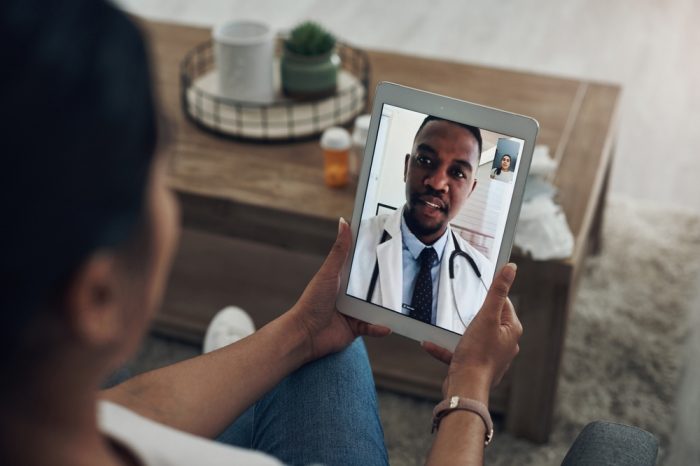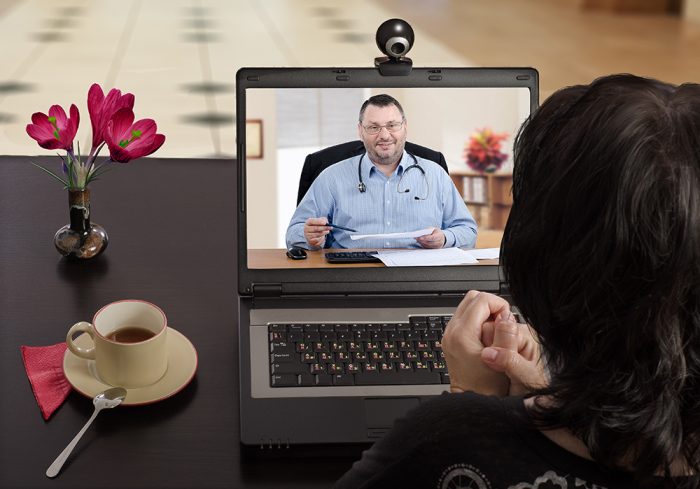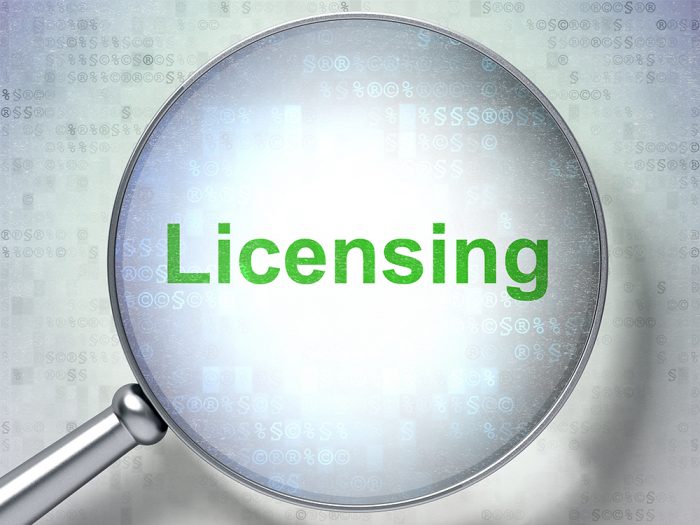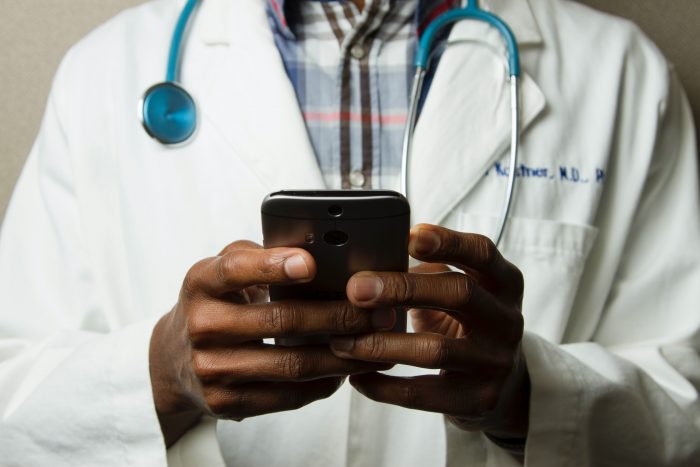Message from the Center for Connected Health Policy (CCHP):
On November 10, 2025, the U.S. Drug Enforcement Administration (DEA) posted a fourth temporary extension of the COVID-19 telemedicine flexibilities for prescribing controlled substances. These flexibilities were set to expire at the end of the year. Although the DEA has not yet released the full text of the extension — including how long it will last. At this point, the final rule is still pending regulatory review. Historically, extensions have added a year of continued flexibility, though this extension could be shorter. For context, the previous extension, issued in November 2024, extended the telemedicine allowances through December 31, 2025. Until the fourth extension rule is approved and the complete text published, the duration and any potential policy adjustments remain unknown.
As background, permanent federal law under the Ryan Haight Online Pharmacy Consumer Protection Act of 2008 largely prohibits the prescribing of controlled substances without an initial in-person examination. While the statute outlines several exceptions under the defined “practice of telemedicine,” these apply primarily when a patient is located in a hospital or clinic or in the presence of another practitioner. As a result, these exceptions do not cover the routine model of telehealth widely used today, in which the patient (and sometimes the provider) participate from home settings. Importantly, the in-person requirement under the Ryan Haight Act applies only to the initial visit, and the DEA has never required subsequent in-person encounters. While the full details are not yet available, it is likely that the forthcoming temporary extension will mirror previous ones by continuing to suspend the initial in-person visit requirement for the period of the extension.
It is important to note that these DEA extensions affect only federally-controlled substance prescribing rules. States maintain their own requirements, which may include stricter requirements for in-person visits prior to the prescribing of controlled substances. Please check the Online Prescribing category of CCHP’s Policy Finder to reference state specific requirements.
Additionally, the DEA’s in-person prescribing requirement is separate from Medicare’s policy requiring an in-person visit within six months prior to an initial telehealth mental health service and annually thereafter. That Medicare mental health requirement — often confused with the DEA’s prescribing standard — is tied to Medicare reimbursement rules and applies only to Medicare beneficiaries and providers seeking reimbursement for mental health services through Medicare if their situations do not meet certain exceptions, not to all patients. Additionally, this Medicare in-person visit requirement is currently waived until January 30, 2026 (as passed in the most recent government funding bill), whereas the DEA’s in-person requirement, which is the topic of this particular newsletter and the new fourth extension rule, governs all practitioners prescribing controlled substances nationwide, regardless of payer.
If RCPA members have any questions, please contact RCPA COO and Mental Health Policy Director Jim Sharp.















